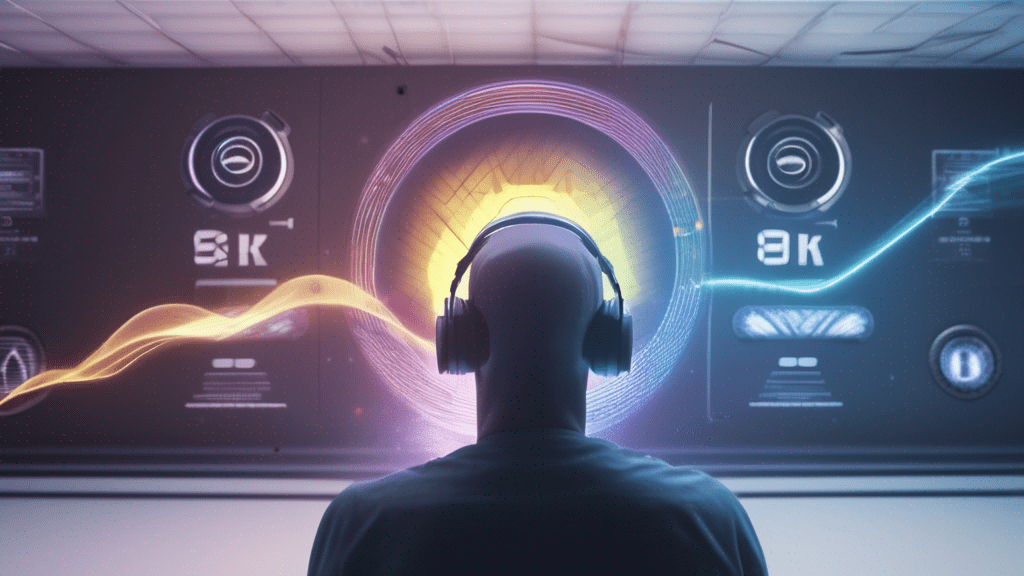As someone who loves great sound, I’ve always been drawn to the deep, powerful bass that subwoofers deliver. Feeling the vibrations from music or a movie adds another layer of excitement.
But recently, I’ve been wondering if this intense bass might have some downsides, especially when I started noticing headaches after long listening sessions. So, can subwoofers cause headaches?
Subwoofers are designed to reproduce the low-frequency sounds in audio, the kind that regular speakers might struggle to deliver.
These low frequencies, typically between 20 Hz and 200 Hz, produce a thumping or vibrating sensation, especially when played at high volumes. It’s this intense energy that gives bass its physical impact—you don’t just hear it, you feel it.
But here’s the thing: while it can enhance the listening experience, it can also have some unintended effects on the body, especially when overdone.
In my personal experience, I’ve noticed that after being around loud subwoofers for a while, I sometimes develop headaches. And I’m not the only one. Many people report similar experiences after prolonged exposure to loud bass. So what’s going on?
There are a few reasons why subwoofers might contribute to headaches:
Subwoofers produce sound waves that are powerful enough to create physical pressure. When you’re in a space with a lot of bass—like at a concert or even in your car—the pressure from those low-frequency waves can cause discomfort, especially in sensitive individuals. This pressure can affect your ears, your sinuses, and even your head, leading to a headache.
If the subwoofer is cranked up too high, it’s not just the bass that could be causing the problem—it’s the overall loudness. Prolonged exposure to loud noises can lead to headaches due to ear fatigue. While high frequencies are often more painful to the ear, low frequencies can have a cumulative effect, causing strain over time.
Some people are more sensitive to low-frequency sounds than others. For them, subwoofers can be particularly triggering. The vibrations can disturb their sense of balance or trigger tension in their neck and shoulders, which in turn can lead to headaches.
Now that I’ve dug into why subwoofers might cause headaches, what can we do about it? Fortunately, you don’t have to ditch your subwoofer altogether to avoid discomfort.
Here are a few tips I’ve found helpful:
- Keep the Volume in Check: Moderation is key. While it might be tempting to blast your subwoofer for that earth-shaking experience, keeping the volume at a reasonable level can prevent the intense pressure and vibrations that lead to headaches.
- Take Breaks: If you’re listening to music or watching a movie with a lot of bass, try taking short breaks to give your ears and body a rest. Even stepping out of the room for a few minutes can make a big difference.
- Positioning Matters: Where you place your subwoofer can also affect how it impacts you. If it’s too close to where you’re sitting, you’ll feel the vibrations more intensely, which can lead to discomfort. Experiment with the placement to find a spot that delivers great sound without overwhelming your senses.
- Use Ear Protection: For environments where you can’t control the volume, like at concerts or in clubs, wearing earplugs can help reduce the overall impact of the sound, including the bass, and prevent headaches.
In my experience, subwoofers can contribute to headaches, especially when the volume is high or the bass is overwhelming. But with a few simple adjustments, it’s possible to enjoy rich, deep bass without the discomfort.
By keeping the volume reasonable, taking breaks, and being mindful of how and where you’re listening, you can enjoy your subwoofer’s full potential without the unwanted side effects.
